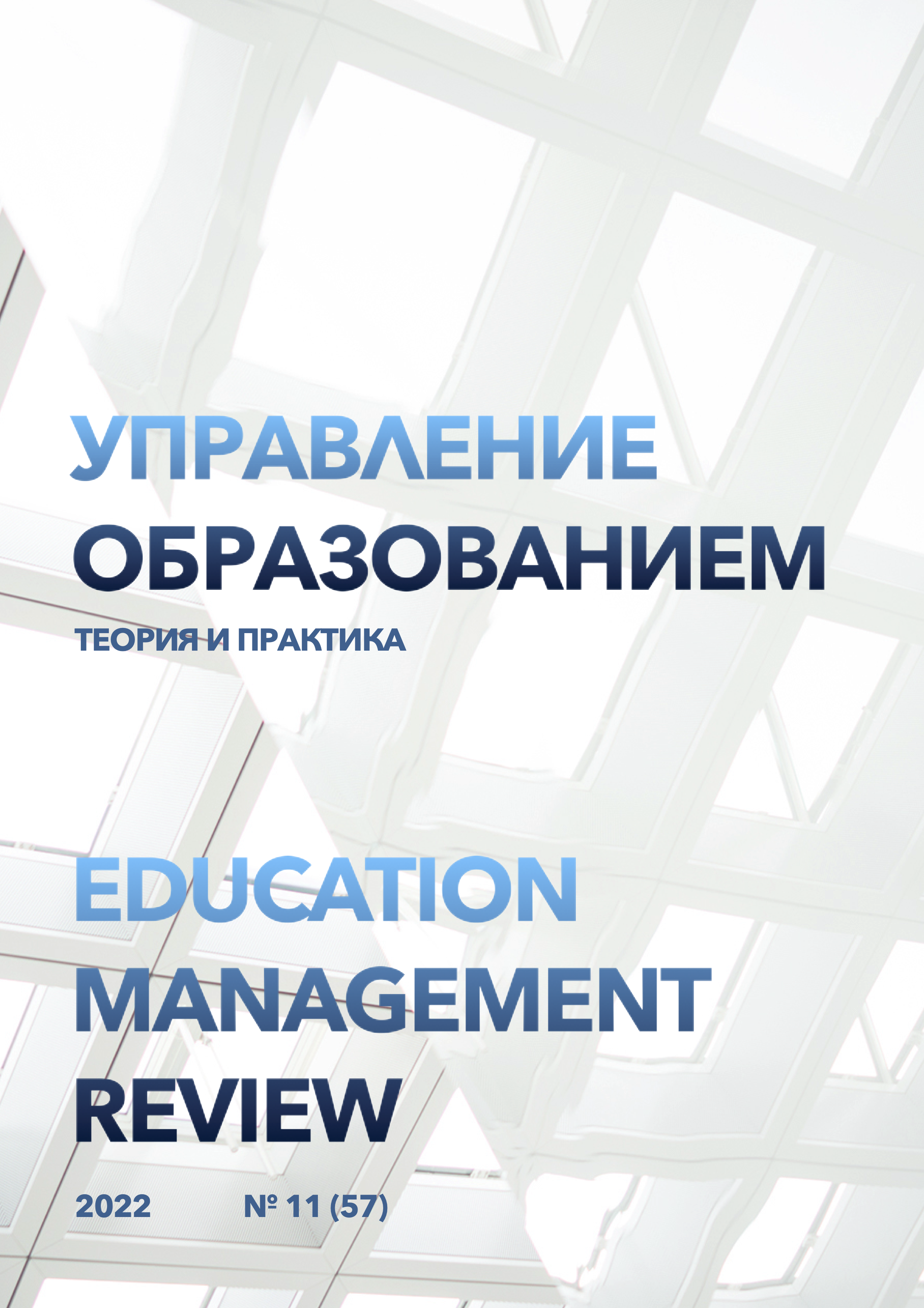The strategic importance of teaching English for the formation of interdisciplinary communication
DOI:
https://doi.org/10.25726/e0749-6069-4854-lKeywords:
technical specialties, communicative approach, grammar teaching, foreign languageAbstract
Academic qualifications and knowledge, limited to a specialty, are not sufficient in today's competitive labor market. However, an analysis of the scientific literature on the topic made it possible to see that, despite the high priority, soft skills are rarely included in curricula and performance assessment criteria. According to the authors of the British Council, foreign language classes, especially those that use a communicative approach, are exactly the resource place where students have every chance to successfully learn and practice soft skills. To achieve this goal, teachers of foreign languages must apply unique methods of working with students in order to contribute not only to the development of skills to work with educational and professional information, but also to stimulate the development of communication skills, abilities and knowledge. Teachers should pay enough attention to the content of the training sessions and the content of tasks for self-study, as well as the creation of favorable pedagogical conditions in which the formation of soft skills will occur effectively and naturally. All this requires a proper approach to creating a syllabus, balanced planning and competent organization of training sessions, taking into account the individual characteristics of students, professional orientation and the microclimate of the groups in which they study. To optimize the process of developing soft skills in the context of foreign language training, teachers should ask and answer three questions: “What soft skills do I want to develop in students?”, “How do students develop soft skills?” and “How can I effectively model the learning process and learning situation so that students develop a certain skill?” Such questions will contribute to a better understanding of the expected learning outcomes, without planning and defining which it is impossible to rationally choose the forms and methods of teaching and assessment.
References
Adler Ju.P., Shper V.L. Obrazovanie v XXI v.: problemy, perspektivy, reshenija // Kachestvo i zhizn'. 2015. № 4. S. 37-45.
Grigorash O.V. Vysshee tehnicheskoe obrazovanie v jepohu peremen // Vysshee obrazovanie segodnja. 2018. № 3. S. 6-9.
Karavaeva E.V. Kvalifikacii vysshego obrazovanija i professional'nye kvalifikacii: «soprjazhenie s naprjazheniem» // Vysshee obrazovanie v Rossii. 2017. № 12. S. 5-13.
Kontorovich A.Je. Vyzovy neftegazovogo kompleksa Rossii na pervuju polovinu 21 veka i zadachi geologorazvedki // Neftegaz. 2018. №3. S. 8-9.
Kochergin A.N. Obrazovanie kak faktor nacional'noj bezopasnosti // Aima mater (Vestnik vysshej shkoly). 2018. № 9. S. 21-24.
Pereskokova T.A. Ot kompetencij studentov k kompetentnostjam vypusknikov // ENO. 2020. № 11(69). S. 519-524.
Rossija pristupaet k reforme vysshego obrazovanija. http://forpost-sz.rU/a/2020-06-08.
Solov'ev V. P., Kochetov A.I., Krupin Ju.A., Pereskokova T.A. Kachestvo - vizitnaja kartochka nashego vremeni. M.: Universitetskaja kniga, 2016. 152 s.
Solov'ev V.P., Pereskokova T.A. Professional'nye i obrazovatel'nye standarty na sluzhbe jekonomiki // Jekonomika v promyshlennosti. 2017. № 3. S. 258-268.
Formirovanie jekologicheskogo myshlenija u vypusknikov VUZa - budushhih specialistov i rukovoditelej // Rossijskij tehnologicheskij zhurnal. 2017. Tom 5. № 4(18). S. 77-84.
Hruckij K.S., Moskvina L.A. O neobhodimosti jekologizacii sovremennogo obrazovanija // Kazanskij pedagogicheskij zhurnal. 2015. № 3-1 (86). S. 20-22.
Cheurin G.S. «Severnyj» variant jekologicheskogo vospitanija // Gorizonty civilizacii. 2013. № 4. S. 235-241.
Shadrikov V.D. Kadry dlja innovacionnoj jekonomiki: kak v dejstvitel'nosti obstoit delo s ih podgotovkoj? // Vysshee obrazovanie segodnja. 2019. № 5. S. 2-10.




